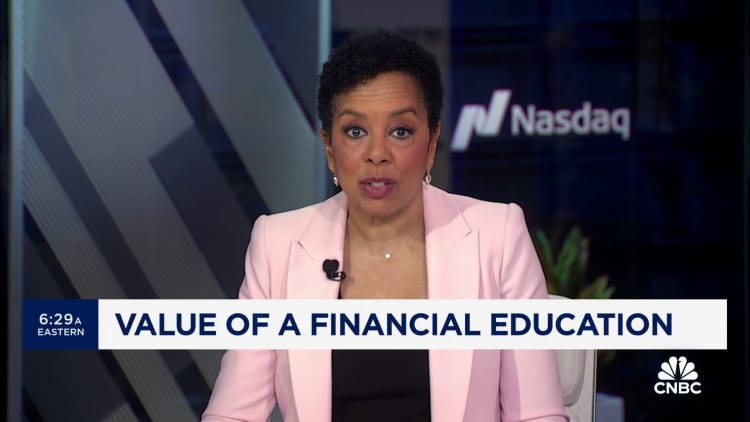Delmaine Donson | E+ | Getty Images
The federal tax deadline was April 15 for most filers — and if you missed it, you should file your return and pay your balance as soon as possible, experts say.
If you still owe taxes for 2023, you’ll continue racking up penalties and interest until you file and pay your outstanding balance, according to the IRS.
The late filing penalty is 5% of your unpaid balance per month or partial month, capped at 25% of your balance. The fee for failure to pay is 0.5% per month or partial month, with a maximum fee of 25% of unpaid taxes. Interest is based on the current rates.
“The longer you wait to file, the bigger the risk of higher penalties and interest from the IRS and state,” said Mark Steber, chief tax information officer at Jackson Hewitt.
More from Personal Finance:
It could be better to buy Series I bonds before May, experts say — here’s why
Most retirees don’t delay Social Security benefits, study says. Experts say it pays to wait
Biden makes a push for tuition-free community college. Here’s why it may work this time
However, that doesn’t mean you should rush to file a return if you’re still missing key information, like tax forms for your investments or other earnings.
“A return needs to be completely accurate,” Steber said. “No guessing or estimating.”
With missing information, the IRS could flag your tax return for audit, processing could be delayed or you could receive an agency notice.
Still, “file an accurate return as soon as you’re able,” Steber suggested.
Of course, some filers in disaster areas automatically have more time to file federal returns and pay taxes owed.
How to make a late payment for your taxes
There are several online choices for late tax payments, including IRS Direct Pay and your IRS online account.
If you can’t pay your tax balance in full, you have “various payment options,” including payment plans, according to the IRS.
IRS online payment plans, or “installment agreements,” include:
- Short-term payment plan: This may be available if you owe less than $100,000 including tax, penalties and interest. You have up to 180 days to pay in full.
- Long-term payment plan: This may be available if your balance is less than $50,000 including tax, penalties and interest. You must pay monthly, and you have up to 72 months to pay off the balance.
You could also qualify for first-time penalty abatement, which is like a “‘get out of jail free’ request,” according to Nicole DeRosa, tax partner at accounting firm Wiss & Company.
However, eligibility depends on the type of penalty and your past compliance with the IRS, she said.


